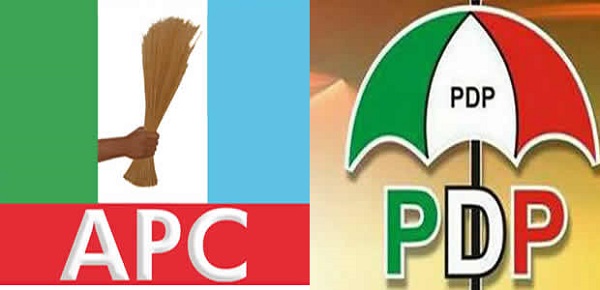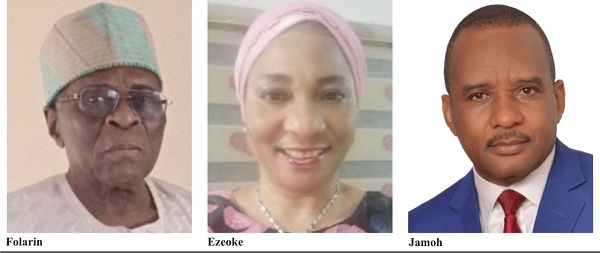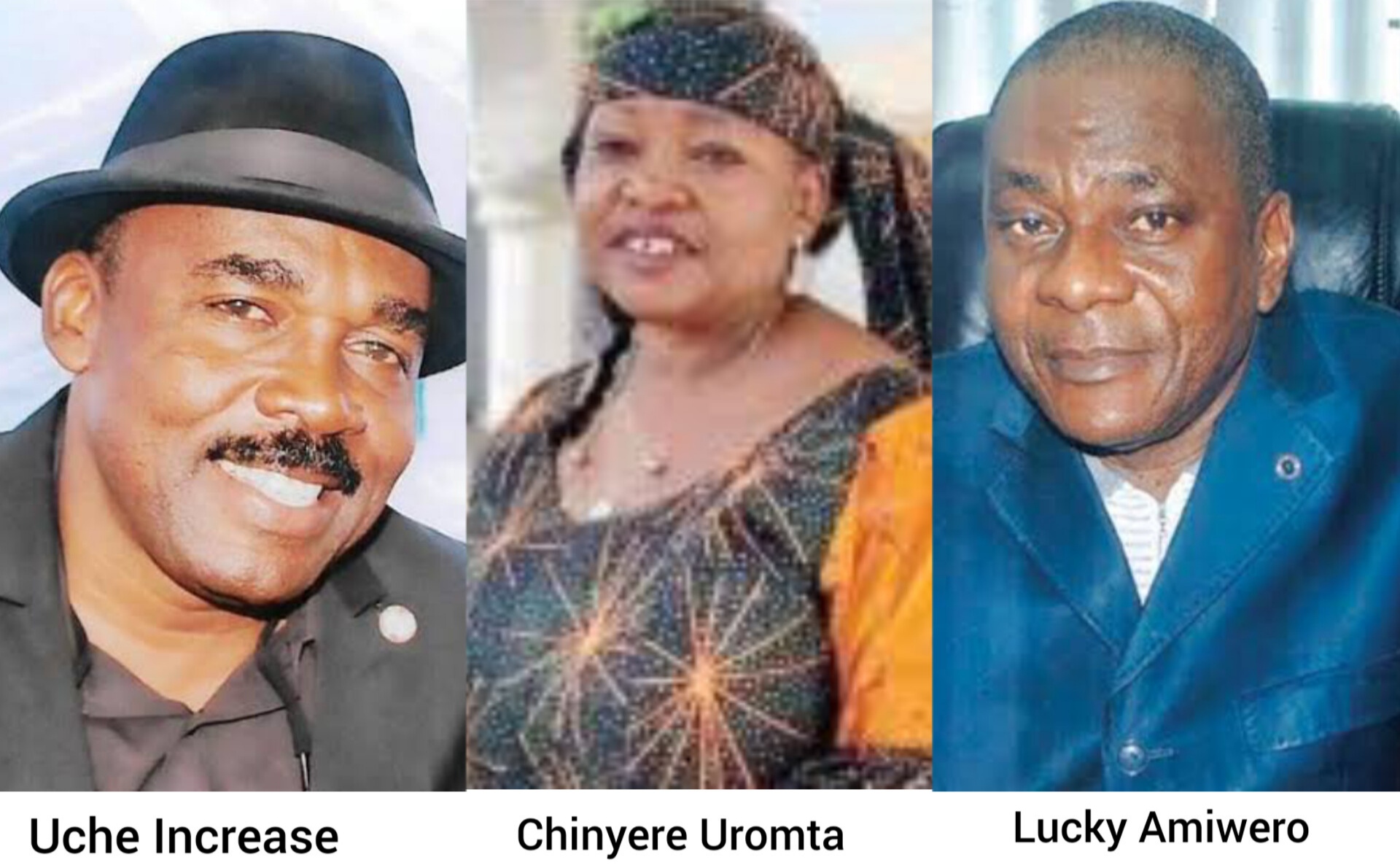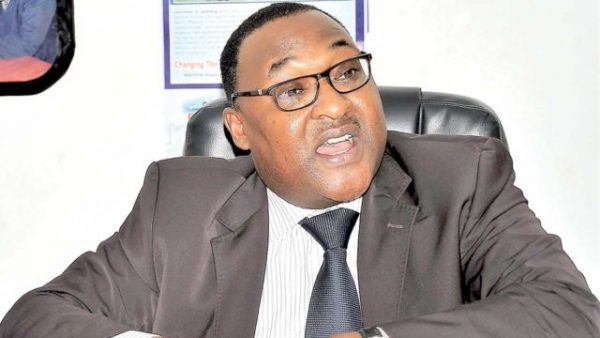FOB, CIF Implications On Nigerian Local Content
 Cost, Insurance and Freight (CIF) and Free on Board (FOB) are international shipping agreements used in the transportation of goods between a buyer and a seller. The specific definitions are different for every country, but CIF and FOB have similar uses. They differ in who assumes responsibility for the goods during transit.
Cost, Insurance and Freight (CIF) and Free on Board (FOB) are international shipping agreements used in the transportation of goods between a buyer and a seller. The specific definitions are different for every country, but CIF and FOB have similar uses. They differ in who assumes responsibility for the goods during transit.
Both contracts specify origin and destination information that is used to determine where liability officially begins and ends. In CIF agreements, insurance and other costs are assumed by the seller, with liability and costs associated with successful transit paid by the seller up until the goods are received by the buyer. Goods are not considered to be delivered until they are in the buyer’s possession.
FOB contracts relieve the seller of the responsibility once the goods are shipped. Once goods have passed the ship’s rail, they are considered to be delivered into the control of the buyer. When shipping to the buyer begins, the buyer then assumes all liability. Each agreement has particular advantages and drawbacks for both parties.
In Nigeria, the sale of the nation’s crude has always been on FOB basis and this has raised a lot of concern by the major players, ship owners as well as the stakeholders.
One of the problems associated with the FOB for crude oil dealers is that their counterparts in foreign countries are dubious sometimes and they could deny the quality agreed for the product when it reaches the destination. At such times, the seller could be forced to sell the item at any price in order to avoid incurring demurrages and also recoup the money invested in the journey. Most times, under this FOB the Nigerian oil dealer also pays for the inspection which is done overseas where the quality and quantity of the product is assessed.
Recently, the Director General of the Nigerian Maritime Administration and Safety Agency (NIMASA), Dr. Dakuku Peterside called for a change in policy from FOB to CIF in order to maximize the potentials of the Cabotage regime. However, POF and CIF are seen as international systems of trade and they cannot be confined to the Nigerian Cabotage.
Cabotage is on territorial waters within Nigeria and someone can’t genuinely make an argument on how the FOB and CIF increases revenue and adds to the nation’s economy under the Cabotage. Cabotage is simply an arm of the local content of the nation.
If we must insist on FOB/ CIF for lifting the Nigerian crude, we must also consider the fact that we have competitors and this focus should only feature under the regulations of the local content.
Although, when it comes to the crude business, Nigeria’s Bonny Light is rated as one of the best in the world with high API gravity (low specific gravity); there are equally good brands in Angola, and some other African countries. Hence, even the revered Bonny Light crude produced in the Niger Delta basin cannot claim to be indispensable.
When MMS Plus quizzed the Group Executive Director, Downstream at the Nigerian National Petroleum Corporation (NNPC), Mr. Henry Obih on the reasons why the transfer of Nigerian crude has always been on FOB, the NNPC boss noted that the oil industry is very dynamic but he asserted that they were open to make changes over time in the interest of the nation.
“Changing the FOB is something that we are currently looking at. If the opportunities for increasing the benefits for NNPC or by extension ship owners in Nigeria is enabled or enhanced by the change in that policy, then we are open to it. We are ready to support a switch to improve returns for investors in the sector and increase trade” Mr. Obih said.
He said that NNPC is a commercial entity, noting that with the way its crude tenders are structured and executed, the organization’s involvement was limited to a great extent in the actual movement of these products as well as the terms.
“The entire crude production is processed through a tender and the Nigerian crude is lifted by people who win bids through the tender. So, ultimately a lot of decision making is made by the eventual winners of the tender” he said.
He also denied the assertion that NNPC can’t change from FOB because of some long term contracts entered with foreign ship owners on FOB basis.
Meanwhile, the NIMASA Director General, Dr. Dakuku Peterside insists a change in policy from FOB to CIF is one pertinent way to generate more revenue for the nation. He noted that even the foreign nations don’t deploy FOB in their transactions with Nigeria.
The NIMASA Director General, who was represented by the Deputy Director, Cabotage Services, Capt. Sunday Umoren during a recent maritime stakeholders’ summit, also called for the upward review of duty payable by foreign vessels coming into Nigeria.
The DG also lamented that Nigeria was losing 3% NIMASA level on mother vessels which are diverting to neighbouring ports for Ship-to-Ship transfer, thereby depriving the agency and the nation of revenue.
Meanwhile, the Chief Executive Officer of Harlink Investment, Mr. Olajino Nofiu insisted that the FOB was one of the major things which need urgent attention in the shipping industry.
“This is the country that we import even common toothpicks. Where are our factories? We have thousands of children coming out of the universities every day. Where are the factories that they are going to work? What happened to our textile industries? These are more pertinent issues than FOB or CIF”
“There’s no government that wants its citizens to suffer but if a certain policy like the FOB been introduced, then the government ought to look at the deficiencies as it affects the average Nigerian. This is the kind of change we have been clamouring for in governance” he added.
However, some stakeholders are also of the view that an effective economic integration within the West and Central African sub-region could enable the nations in the sub-region decide their terms of trade. Nevertheless, this wouldn’t take away the competition among the countries and Africa has become accustomed to begging the developed nations even to buy their products.
The absence of merchant vessels coupled with the fact that Nigeria is in dire need of revenue to be able to meet its national obligations, continues to give the advantage to the foreigners.
By Kenneth Jukpor







